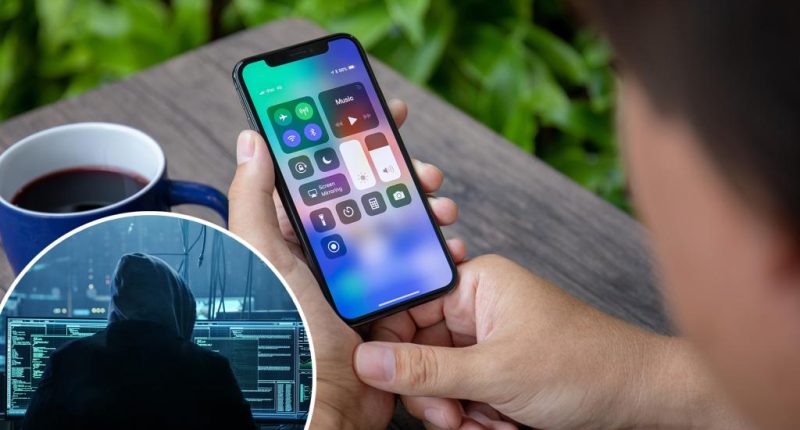Share this @internewscast.com
Apple’s AirPlay feature is beloved by many users — but it can leave you vulnerable to hackers.
Experts at the cybersecurity company Oligo identified significant security vulnerabilities in Apple AirPlay, which enable attackers to take control of connected devices sharing the same Wi-Fi network.
AirPlay is a feature that lets users effortlessly stream audio, video, or images from one Apple device to another, or to non-Apple devices that support the protocol.
According to Wired, these 23 security issues, collectively called “AirBorne,” were discovered in both Apple’s AirPlay protocol and the AirPlay Software Development Kit (SDK) utilized by third-party manufacturers to ensure their devices are compatible with AirPlay.
Researchers demonstrated in a video how vulnerabilities can be exposed to hackers by accessing an AirPlay-enabled Bose speaker on the same network and remotely executing a Remote Code Execution (RCE) attack, showing the “AirBorne” logo on the speaker’s display.
They claimed that hackers realistically can use a similar strategy to gain access to devices with microphones for espionage.
Oligo CTO Gal Elbaz told Wired that the total number of exposed devices could potentially be in the millions.
“Because AirPlay is supported in such a wide variety of devices, there are a lot that will take years to patch — or they will never be patched,” Elbaz explained. “And it’s all because of vulnerabilities in one piece of software that affects everything.”

The risks were reported to Apple in the late fall and winter of last year, and Oligo worked with the tech giant for months on fixes before publishing their findings Tuesday.
Apple devices with iOS 18.4, iPadOS 18.4, macOS Ventura 13.7.5, macOS Sonoma 14.7.5, macOS Sequoia 15.4 and visionOS 2.4 had fixes rolled out on March 31.
However, third-party devices that support AirPlay protocol remain vulnerable. The researchers said that manufacturers would need to roll out updates for users to install themselves in order to avoid being exposed to hackers.

Apple told Wired that it created patches available for these third-party devices, but it emphasized that there are “limitations” to the attacks that would be possible on AirPlay-enabled devices due to the bugs.
CarPlay-equipped systems are also at risk, the researchers noted, since hackers can carry out an RCE attack if they are near the unit and “the device has a default, predictable, or known Wi-Fi hotspot password.”
According to the report, there are several ways to help protect your device from the threat of hackers:
- Update your devices: Researchers stressed that devices and other machines that support AirPlay need to be updated immediately to the latest software versions to mitigate potential security risks.
- Disable AirPlay Receiver: Oligo recommends fully disabling the AirPlay feature when not in use.
- Only AirPlay to trusted devices: Limit AirPlay communication and stream content to only trusted devices.
- Restrict AirPlay Settings: Go to Settings > AirPlay & Continuity (or AirPlay & Handoff) and select Current User for the “Allow AirPlay for” option. “While this does not prevent all of the issues mentioned in the report, it does reduce the protocol’s attack surface,” researchers noted.
- Disable on public Wi-Fi: It’s best to avoid enabling or using AirPlay when on a public Wi-Fi network.

















